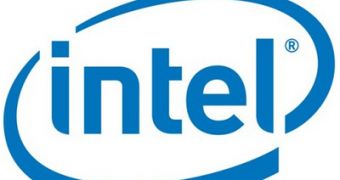Intel's Moorestown platform, embodied by the Atom Z600 System-on-Chip Series, is Intel's latest attempt at entering the smartphone business. Basically, it is a shrunk version of the x86 architecture used in the Atom line and, though it doesn't match ARM in terms of power efficiency, still managed to make it into several prototypes at this year's Computex.
Considering the long-lasting collaboration between the Santa Clara company and Microsoft, it could have been assumed that these chips would act as a means by which the latter can also become a presence on the smartphone segment.
This, however, will not happen. Apparently, though they are x86 chips, the Atom Z600 models just aren't designed for Windows. Instead, they will be compatible with MeeGo and Android, or other suitable Linux-based software platforms. On the other hand, Oak Trail, though based on Moorestown, will support Microsoft's OS. This makes sense, considering that it is meant to be used in tablets and thin netbooks.
"Moorestown was designed for low-power and small form-factors, for example, tablets and smartphones. Hence, the design decision was to use the low power interfaces for handhelds, such as low power audio, NAND for storage, etc.,” reportedly said Claudine Mangano, an Intel spokeswoman. “Moorestown was not designed to run Windows. It is designed to run flavors of Linux, including MeeGo and Android. Oak Trail builds on Moorestown. It includes Lincroft and Langwell, and then adds in some of the legacy IO to enable Windows solutions, among others,”
Upcoming development efforts will no doubt be focused on further reducing the power draw of the chips themselves. Meanwhile, the Z600 are more likely to first make it into tablets than they are to spawn retail-viable phones. In fact, the first batch of handheld devices isn't slated to come out until the first or second quarter of next year.

 14 DAY TRIAL //
14 DAY TRIAL //